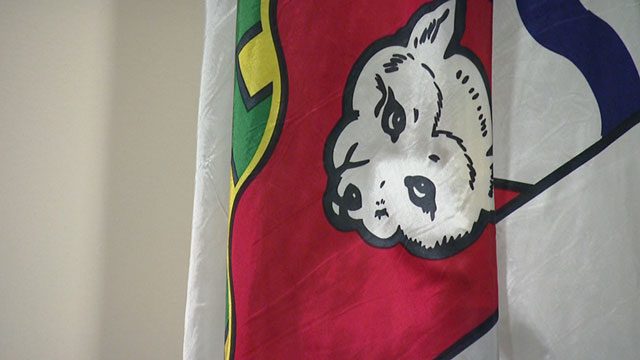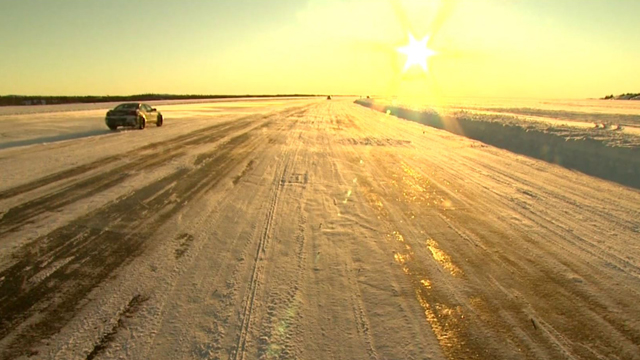

The Northwest Territories (N.W.T.) and Indigenous Services Canada (ISC) have struck a deal that will help support Indigenous families who are choosing to be on the land to escape the spread of the COVID-19 virus.
On Monday, the N.W.T., along with ISC, announced $2.6 million in federal money to pay for the “At Home on the Land” initiative to increase physical distancing during the pandemic to curb the virus’ spread.
The move was recommended by Dr. Kami Kandola, the territory’s public health officer.
“Many families in the Northwest Territories have already begun to move onto the land to cabins and camps where they can maintain safer physical distances than if they were to remain in their home communities,” said a joint release from the N.W.T. and the Canadian government.
“The funds will support many other families who would not otherwise be able to be on the land because of the financial burden of acquiring necessary provisions, such as wood and fuel, food, First Aid equipment, transportation and other items suitable to their situation and culture.”
As of this posting, the N.W.T. has one confirmed case of the COVID-19 virus with 212 tests pending. The territory has not suffered a death.
“Conventional physical distancing measures, like staying at home, that are recommended by Canada’s public health officials can have detrimental health effects in some Indigenous communities where housing can be overcrowded,” said the joint release between the N.W.T. government and ISC.
“When equipped with the proper supplies and equipment, going on the land in small groups is a positive and healthy form of physical distancing – an important measure in preventing and reducing the spread of the virus.”
The money will be distributed through “existing partnerships and community based governments,” said the release.
According to the release, “harvesters are to keep in mind the advice of co-management partners and engage in safe and responsible harvesting practices when out on the land,” including dressing for conditions and bringing a communications device, let people know where you’re going and only harvest what you need.
“We know that our communities are at higher risk during this unprecedented pandemic,” said Norman Yakeleya, Dene national chief. “Elders and knowledge keepers have always told us ‘a day will come, when we will need to go to the land’ and now is that time. Our people are remarkably strong and powerful, and we will do what is required to keep each other safe.
“Being on the land is our way of life. With the closing of the schools, this is also an opportunity for families and their children to learn more about our culture and traditions and what has sustained us as Dene people for thousands of years. I commend both the GNWT and ISC for swift action and prioritizing the health and well-being of the Dene Nation. Mahsi.”
The money will be shared with the Akaitcho Territory Government, Dehcho First Nations, Gwich’in Tribal Council, NWT Métis Nation, Sahtu Secretariat Incorporated, Tłı̨chǫ Government, K’atl’odeeche First Nation, Acho Dene Koe First Nation, Salt River First Nation and Délı̨nę Got’ı̨nę Government.











